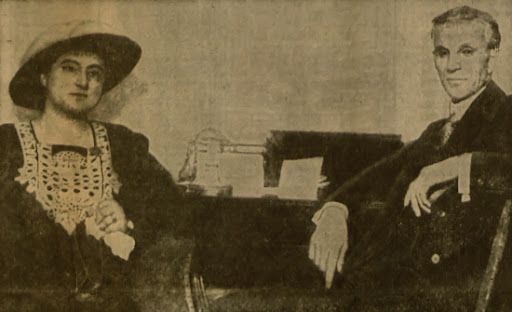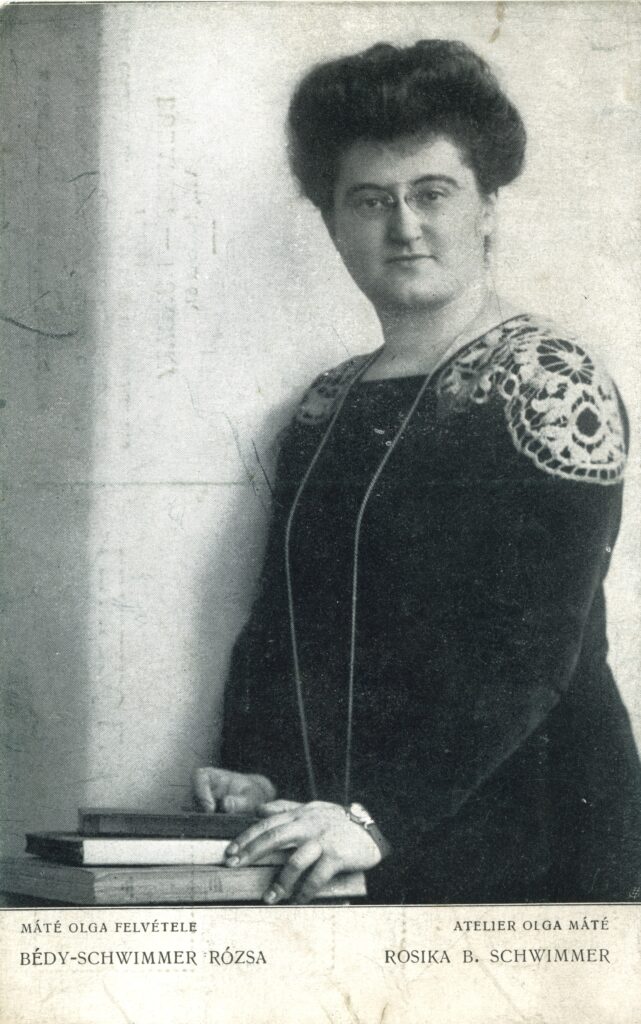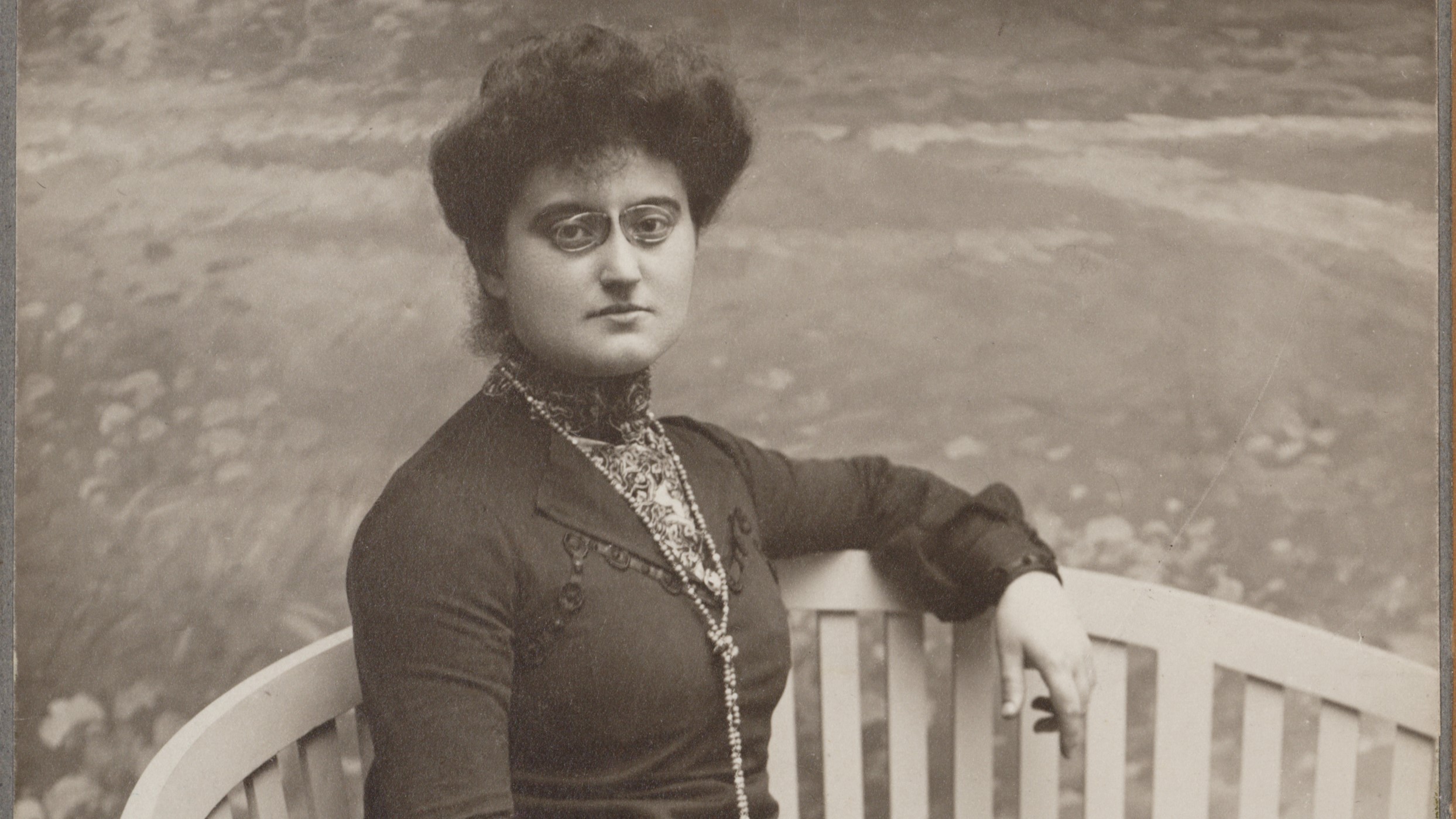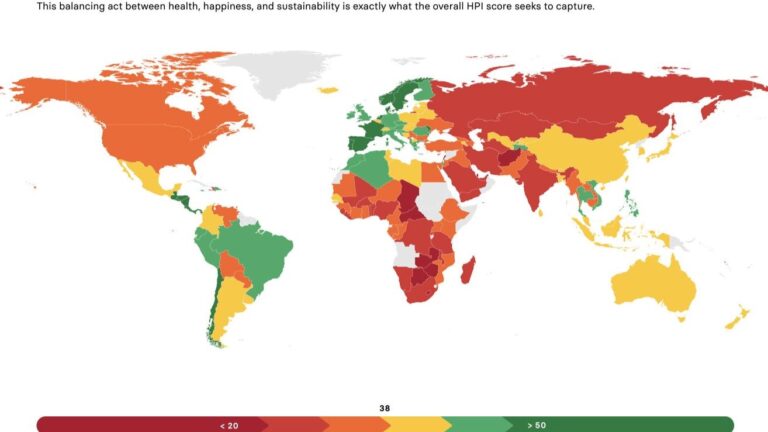Rosika Schwimmer (known as Rózsa Bédy-Schwimmer in Hungary) was a Hungarian feminist, diplomat and pacifist. Born in Budapest as the oldest child of a secular Jewish family, Schwimmer (11 September 1877–3 August 1948) had a great thirst for knowledge. When in 1891 she successfully finished the highest educational level available for girls at the time, she was unwilling to give up the fight for access to further education. She did not rest until she was allowed to enrol in the evening course of a male-only business school where she could continue her studies for two more years.
When in 1895 Schwimmer started to work as a bookkeeper she soon noticed that she is receiving lower wages and faces worse treatment than her male colleagues. Having gained first hand experiences of the difficulties women faced at the time at their workplaces, she set out to campaign for better working conditions and wages for women. At the age of 20, she became involved in organizing the National Association of Women Office Workers, of which she was the president of for several years, until 1912.
Thanks to her eloquent writings and articles on issues such as the need for marriage reform and ending child labour, Schwimmer started to rise to both national and international prominence. In 1904 she was invited to speak at the International Congress of Women in Berlin; nine years later the organization chose Budapest as the host of their Seventh Congress of the International Woman Suffrage Alliance, honouring her tireless activism.
In recognition of her accomplishments in organizing the feminist Congress in Budapest, Schwimmer was asked to join the International Woman Suffrage Alliance in its London office as a press secretary.
Schwimmer the Pacifist
Soon after her arrival to the United Kingdom World War I broke out, where Hungary and the UK found themselves in opposing trenches. Shaken by the news of war, Schwimmer committed herself to bringing together feminist and pacifist leaders to stop the bloodshed. Schwimmer’s awakening pacifist spirit led her to travel cross the Atlantic to the United States where she met with Secretary of State William Jennings Bryan and President Woodrow Wilson to urge the US to facilitate peace and act as a mediator in the European conflict. Despite her call falling on deaf ears Schwimmer never stopped advocating for peace in the years to come. She was even involved in establishing the Woman’s Peace Party in the USA in 1915.
Schwimmer was also part of Henry Ford’s peace initiative. In the early years of the war Ford became known for his pacifist sentiment. Sharing similar views Schwimmer approached Ford asking his support for the launch of an informal peace mission to Europe. In 1915 the industrialist did set up for a peace mission to Europe, where he tried to bring together European diplomats and politicians to discuss a possible peace settlement, while publicly encouraging Europe to stop fighting. The peace mission was a failure, however, both due to the press’ consistent mockery of its aims, and also due to the influenza outbreak. Ford himself caught the flu and was forced to depart the continent. Following the highly publicized failure Rozika stepped down from her role in the so-called Peace Ship initiative.

The Aster Revolution and Ambassadorship
The end of the war in 1918 found Schwimmer in Hungary. Together with her fellow feminists she supported the Aster Revolution (that resulted in the proclamation of the short-lived First Hungarian Republic) and its leader Count Mihály Károlyi. As the radical political transformation unfolded in Hungary, Rosika Schwimmer was selected by Károlyi to serve as Budapest’s Ambassador to Switzerland. She was appointed on 19 November 1918, when she became the first Hungarian female ambassador, and one of the first female ambassadors in the world. Prime Minister Mihály Károlyi had high hopes for Schwimmer’s diplomatic abilities and connections, but she was met with resistance in Switzerland, where it did not go down well that a woman served in such a high diplomatic role. (It is worth noting that in a referendum held in 1959 on women’s suffrage the absolute majority of Swiss men rejected giving voting rights to women, and it was not until 1971 that women could finally participate in the election of the Swiss Federal Assembly). As Schwimmer could not live up to the high expectations, she resigned and was recalled in January 1919.

Soon after her resignation Mihály Károlyi was ousted by the Hungarian Communists. Schwimmer was a vocal opponent of the Hungarian Soviet Republic formed with the leadership of Béla Kun, but also of the White Terror that ensued after the fall of the short-lived people’s republic. Partially due to her convictions and partially because of her Jewish origin Schwimmer had to flee the country in 1920, and she never returned.
Schwimmer in the United States
Schwimmer moved to the United States and settled first in Chicago, then in New York. Unlike during her first trip to the US when she met the President, the second time she was not welcomed. Antifeminist and radical right-wing activists regularly attacked her in the media, accusing her of being a foreign agent in the US. Her stay in the US was made even more difficult by her stateless status. In 1924 she applied for US citizenship, but her application was denied due to her pacifist convictions, as she refused to affirm that she would bear arms in defence of the United States. Schwimmer challenged the decision in front of the Supreme Court. On the one hand, she was a women approaching 50 and therefore was ineligible for combat, on the other hand, during the naturalization hearing she testified that she would not fight even if that was a requirement for receiving citizenship. Eventually, the Court ruled against her (6 to 3) not only for her refusal to bear arms in defence of the US, but also due to the influence her position might have on other petitioners. The Supreme Court’s decision made her stateless for the rest of her life. The United States v. Schwimmer was overturned only in 1946, on the grounds that citizenship applications cannot be rejected due to conscientious objection.
A Nobel Prize Never Received
In 1948 Rosika Schwimmer was put forward for the Nobel Peace Prize, but died before the winner was selected by the Committee (Mahatma Gandhi was also nominated in the same year and also died before the result decision was announced). Eventually in that year the Nobel Committee did not select anyone for the Peace Prize, stating that ‘there was no suitable living candidate’.








